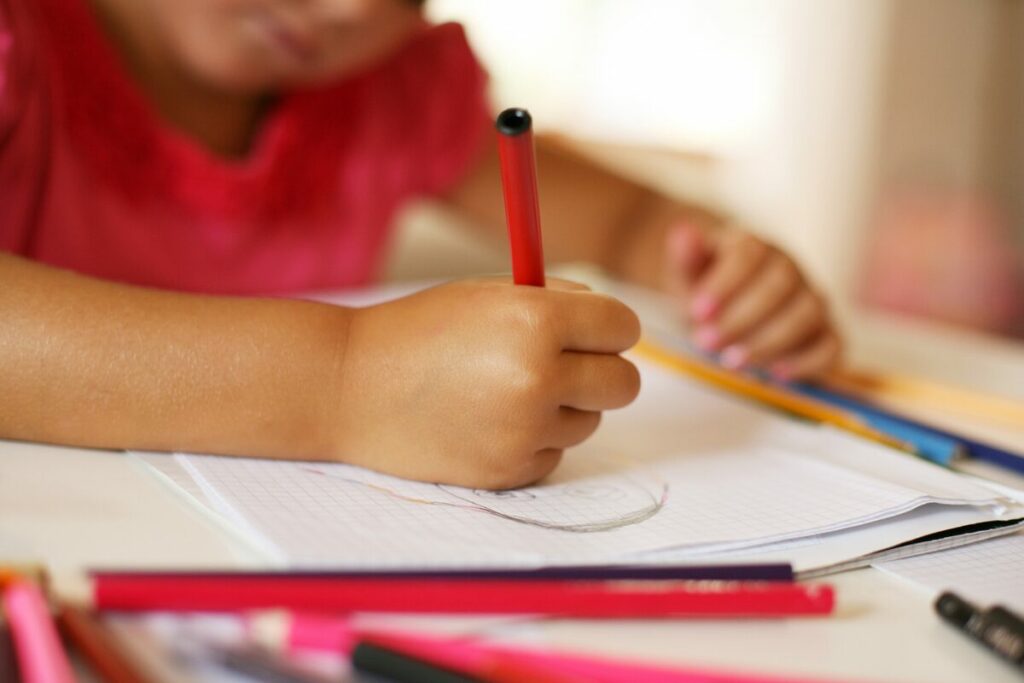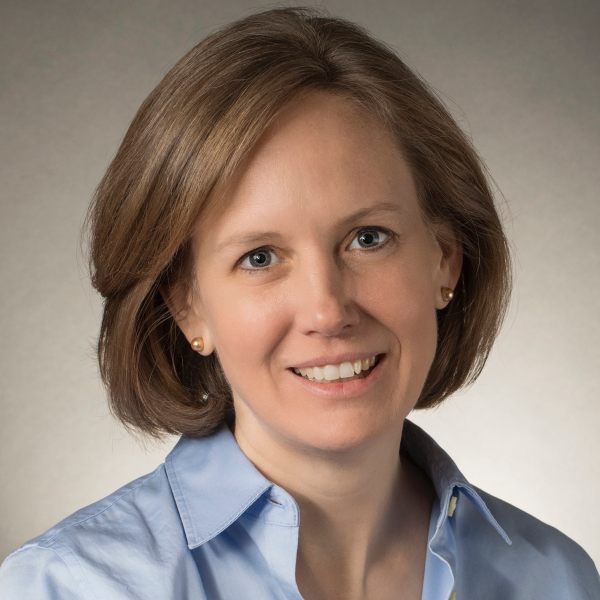Instead of trying to just pass learners through, repeat what has been done before, or just “get them ready for what might be next,” Embark wants this time to be as important, if not more, than other times of learning for their young people.
Kelly Young, Founder & President of Education Reimagined
Middle School! While efforts to transform — and certainly to reform — high schools and elementary schools are numerous, efforts focused on middle school-aged learners are few and far between. Yet, as our Senior Advisor Peter McWalters has always said, conventional school is most ill-designed for middle schoolers.
Middle school is deemed to be a transitional period — a sort of holding zone during which to prepare young people for the rigors and challenges of high school while they mature enough to be “ready.” But, really, if we think about what is happening developmentally in the middle school years, it is one of the most pivotal periods of a person’s growth. Learners are beginning to sort out who they are as developing young adults; delving more deeply into interests, curiosities, and potential career paths; and navigating more complex social circumstances and relationships than ever before. These are formative years.
Fortunately, there are learner-centered leaders across the country who are tending to this pivotal time in the lives of our young people and creating spaces that expand what is possible in the typical middle school years.
A few weeks ago, I had the pleasure of visiting one of those places — Embark Education. Embedded in a bike and coffee shop in North Denver, Embark was founded by Miguel Gonzalez to address the issue of middle school being seen as either an extension of elementary school or preparation for high school — in neither case actually attending to what is needed during this developmental stage.
He wanted to create a space that focused on the learners and sat at the intersection of authentic experiences and relationships, while also pushing against the constraints of “school.” An early realization for Miguel was that this did not need to take place in a school building, but rather could happen in the real world. This realization led to this unique learner-centered environment’s creation. In 2017, Miguel established a partnership with Pinwheel Coffee, which eventually grew into two businesses and a micro-school.
We’ve featured this learner-centered site before and interviewed Miguel, but it wasn’t until I stepped into the space that I really felt the power of what they are up to at Embark.
They also pay attention to creating intentionally safe spaces and opportunities for learners to process and reflect on their learning journey and experiences. For example, at the beginning and end of each day, learners engage in a community meeting and reflection.
Kelly Young, Founder & President of Education Reimagined
While listening to Miguel, a Montessori trained educator and former elementary school leader, I was struck by how much attention is paid to every detail at Embark and their “learning while doing” mentality. They are a true lab school — constantly learning and figuring out how to be a launch pad for adolescents’ inherent intellectual curiosity. The model builds on Montessori principles of “children having absorbent minds” and “sensitive periods in life are the key.” Instead of trying to just pass learners through, repeat what has been done before, or just “get them ready for what might be next,” Embark wants this time to be as important, if not more, than other times of learning for their young people.
How do they do this? They start by paying attention to place — both being attentive to how Embark fits into the community in which it is situated and finding ways to enable robust open-walled experiences for their learners. Miguel is seeking to create, in many ways, a mini-ecosystem of learning. He shared that learners of that age can be incredibly curious, ready to test their boundaries, and take risks. Building on that, getting outside of the typical four walls of “school” (even one embedded in bike and coffee shops) and doing more open-walled learning within the broader community is core to Embark.
Miguel looked at that city block around the space and engaged with all of the businesses he could to include them in Embark. Learners work directly with these businesses on projects of high-need (for the business) and high-interest (for the learner). In a project with the coffee shop, learners helped the coffee roasters identify which beans they wanted to use (we featured a reflection on this project earlier this year).
They also pay attention to creating intentionally safe spaces and opportunities for learners to process and reflect on their learning journey and experiences. For example, at the beginning and end of each day, learners engage in a community meeting and reflection. Unlike many conventional middle schools, which start with young people finding their first mandatory class and following the sounds of bells to guide their movements and behaviors, Embark realized tending to the relationships, emotional needs, and spirit of young people at this age had to be how they started (and ended) each day.
This morning and afternoon check-in provides space for learners to express needs and process their learning. They also use this time to seek guidance or ask for help before starting their day, or to reflect on something that happened the day or days before.
It was a short but powerful visit. What Miguel and his team are up to with the Embark model is fascinating in so many ways — from how it is integrated into functioning businesses to how it organizes and drives projects based on learner interests to, of course, their focus on the oft-overlooked middle school age band of learners.
A learner shared about their experience at Embark, “Everything feels more important, more interesting…” How can we, as a movement, continue to learn from and with models like Embark and embrace this period of our learners’ lives more fully, so that more learners would feel this way?

